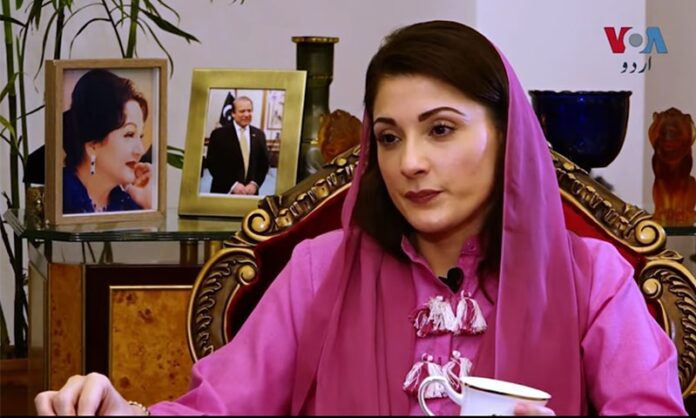FIA takes action against journalists and activists accused of defaming a private college amidst unfounded allegations of assault
In a startling turn of events in Lahore, the Federal Investigation Agency (FIA) has registered a case against 20 individuals, including journalists and social media activists, for allegedly disseminating misinformation related to a purported rape incident at a private college. This development follows a complaint lodged by the college’s Principal, Saadia Javed, who claimed that the accused ran a damaging campaign on social media, severely tarnishing the institution’s reputation.
The investigation began when a viral social media post surfaced, alleging that a female student had been raped on campus. However, the subsequent inquiry revealed no evidence supporting these claims. CCTV footage and testimonies from a security guard pointed to the absence of any assault or even the existence of a victim. According to the First Information Report (FIR), the accused stirred unrest among the student body with their baseless allegations.
Punjab Chief Minister Maryam Nawaz vehemently rejected the rape claims during a press conference, labelling them as a “fabricated story” intended to incite panic and discontent among students. Emphasising the need for accountability, she asserted that the incident had never taken place and accused the Pakistan Tehreek-e-Insaf (PTI) party of manipulating the narrative for political gain. “The girl is not a rape victim but a victim of bad politics and conspiracy,” she stated, calling for a thorough investigation into the motivations behind the misinformation.
Embed from Getty ImagesThe college’s principal, Saadia Javed, expressed grave concern over the reputational damage caused by the allegations, which had sparked protests and unrest among students. In response, Maryam Nawaz announced the formation of a high-level committee to probe the allegations thoroughly, aiming to restore confidence in the institution.
Adding to the complexity, the father of the girl at the centre of the controversy spoke out against the protests, stating there was no truth to the claims. He explained that his daughter had suffered a back injury from a fall at home, requiring her admission to the Intensive Care Unit (ICU). “Our daughter is being used as a basis for protests, which has no connection to her,” he asserted, expressing disbelief upon seeing footage of the demonstrations. He implored the public to understand the anguish they faced as a family, highlighting the emotional toll of the false accusations.
In light of the situation, the FIA has intensified its efforts to identify and take action against those responsible for spreading misinformation that disrupts public order. The agency’s swift response reflects a growing concern over the potential ramifications of unverified social media narratives that can incite unrest and panic.
The Lahore incident underscores the broader challenges facing society as misinformation continues to proliferate on digital platforms. While social media can serve as a powerful tool for raising awareness, it can also spread damaging falsehoods that have far-reaching consequences.
As investigations unfold, the FIA’s actions may set a precedent for how authorities tackle misinformation in the future, particularly in cases involving sensitive topics like sexual assault. By holding individuals accountable for spreading false narratives, the government aims to protect institutions and individuals from reputational harm while restoring faith in the justice system.
This case also highlights the urgent need for responsible journalism and ethical social media practices. With the power to influence public opinion, media professionals and online activists bear a significant responsibility to ensure the accuracy of the information they share. Failure to do so not only jeopardises reputations but also risks fuelling societal divisions and unrest.
As the dust settles on this incident, it serves as a poignant reminder of the fine line between advocacy and misinformation. While the pursuit of justice for genuine victims remains paramount, it is equally crucial to uphold the truth and avoid succumbing to sensationalism that could undermine the very causes advocates seek to support.
Moving forward, the Lahore College community, alongside government officials, will be closely monitoring the unfolding investigations and the actions taken against those involved in spreading misinformation. As a society grapples with the implications of this case, the hope remains that lessons learned will foster a more informed and responsible discourse around issues that matter most.
